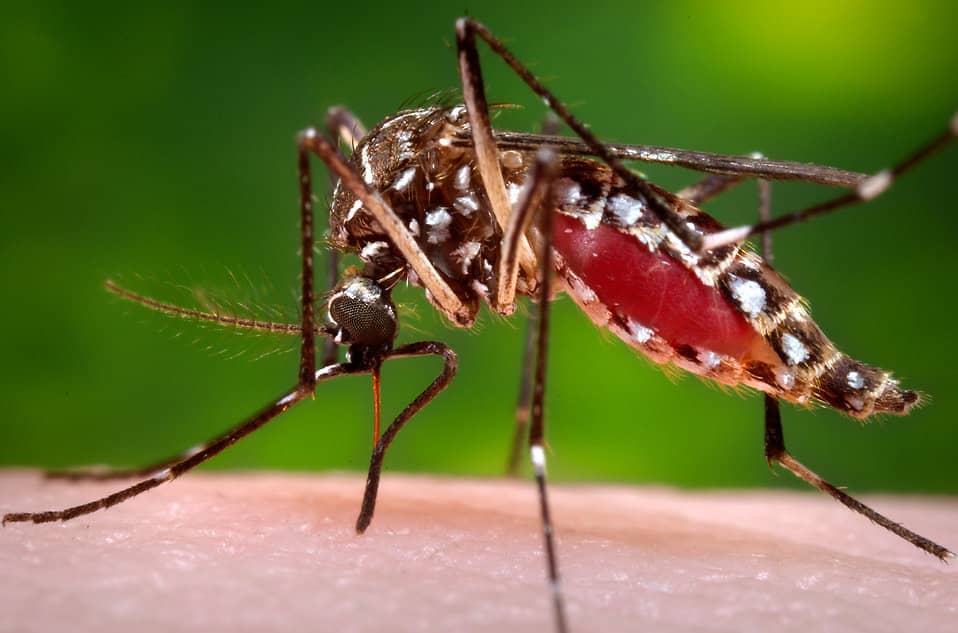Should Anglers Worry About the Zika Virus?
OutdoorHub Social 04.20.16

Summer means fishing, and that means putting up with mosquitoes.
The government is sounding the alarm that mosquitoes could rapidly spread the dangerous Zika Virus as it moves north from countries south of the border — where it is already causing major problems.
How worried should you be?
“Most of what we’ve learned is not reassuring,” said Dr. Anne Schuchat, deputy director at the U.S. Centers for Disease Control and Prevention (CDC), during a recent news conference. “Everything we look at with this virus seems to be a bit scarier than we initially thought.”
With summer approaching, officials are warning that mosquito eradication efforts, lab tests and vaccine research may not be able to catch up. As of April there were 346 cases of Zika confirmed in the continental United States — but all where people who had recently traveled to Zika-prone countries.
But in Puerto Rico, the Virgin Islands and American Samoa, the virus is now being transmitted locally – that is, spread by mosquitoes.
The Aedes aegypti species of mosquito that can transmit the disease is present in all or part of 30 states, mostly southern.
Zika has long been considered simply a minor disease with mild symptoms. But last year in Brazil Zika was linked to an unusual increase in microcephaly, a birth defect where babies are born with abnormally small heads.
So the average fisherman may not have much to worry about. But if you’re a pregnant woman, or a couple considering a pregnancy, there you might have a lot to worry about.
Or if you’re planning a fishing trip to Central America, the Caribbean or South America, you might want to take extra precautions. Check local conditions at the CDC’s web site, which offers travelers advisory information.
Puerto Rico could see hundreds of thousands of cases of Zika virus, with officials warning that the rest of America needs to prepare for possible outbreaks. While Zika has not yet spread by mosquitoes in the continental U.S., some have gotten Zika through sex with a partner who traveled to a Zika-prone area.
The level of uncertainly about the virus expressed by state and federal health care officials is not reassuring.
“An infected man can transmit this to a woman, we don’t know yet if a woman can transmit this to a man,” said a health official told Fox News in Nevada, which recently identified its first case of Zika Virus.
“If I were to make two lists of things that we know about Zika virus and things that we don’t know, the list of things we don’t know is going to be the longer of those two lists,” he said.
Without a sufficient amount of information, health officials cannot come up with a vaccine for it.
“There is research being done on this, but honestly, it’s probably going to be several years before we get a vaccine for this, if we even get one,” said one researcher.
“This is a very unusual virus that we can’t pretend to know everything about it that we need to know,” said Dr. Anthony Fauci, director of the National Institute of Allergy and Infectious Diseases. “I’m not an alarmist and most of you who know me know that I am not, but the more we learn about the neurological aspects, the more we look around and say this is very serious.”
Most anglers are proficient already at dealing with mosquitoes. Long sleeves and long pants, with plenty of repellent, are the standbys. But this might be the summer to take some extra precautions, and to keep an eye on the CDC website to see if the Zika virus is showing up in your prime fishing areas.
The CDC also offers a downloadable pdf brochure on steps to prevent mosquito bites while traveling.

